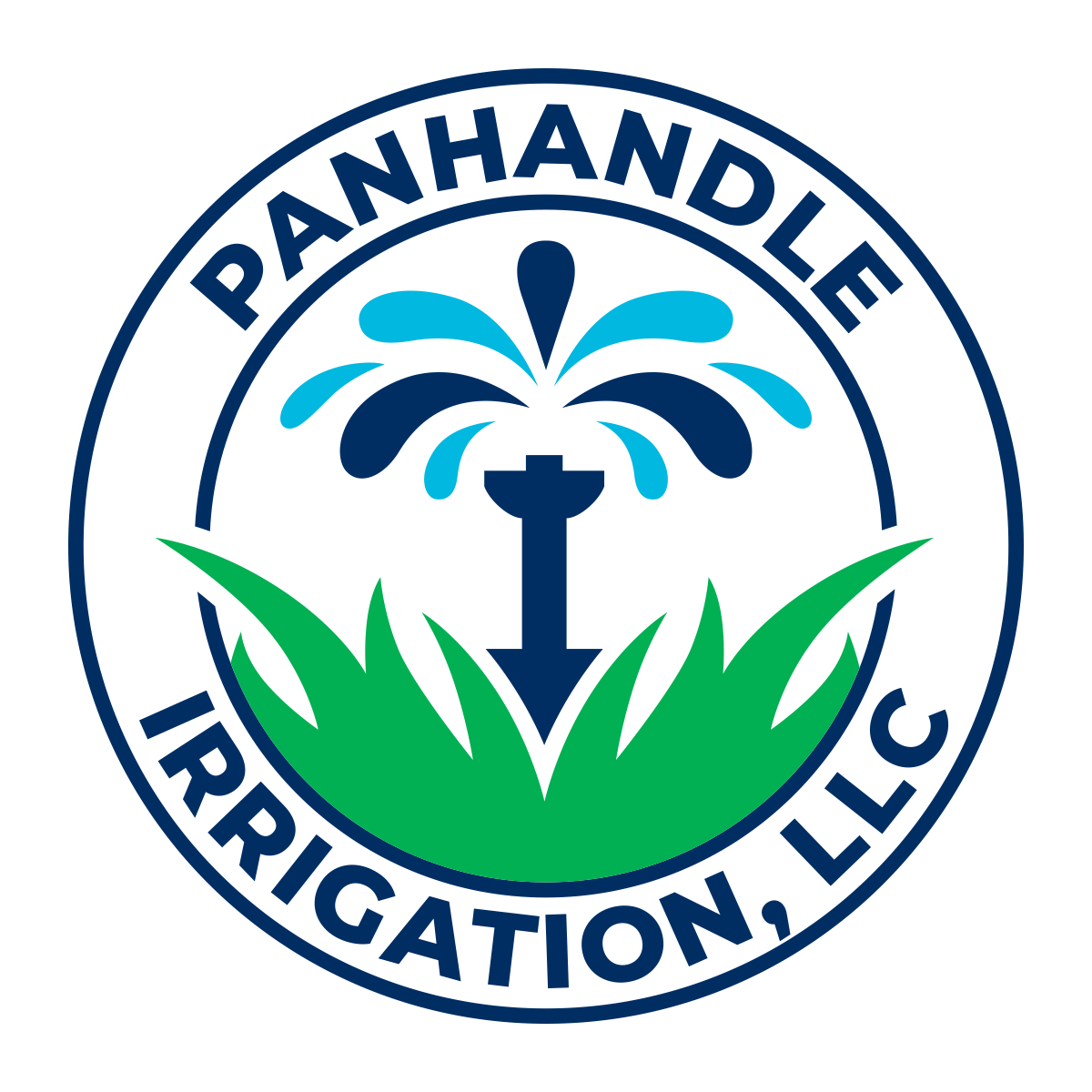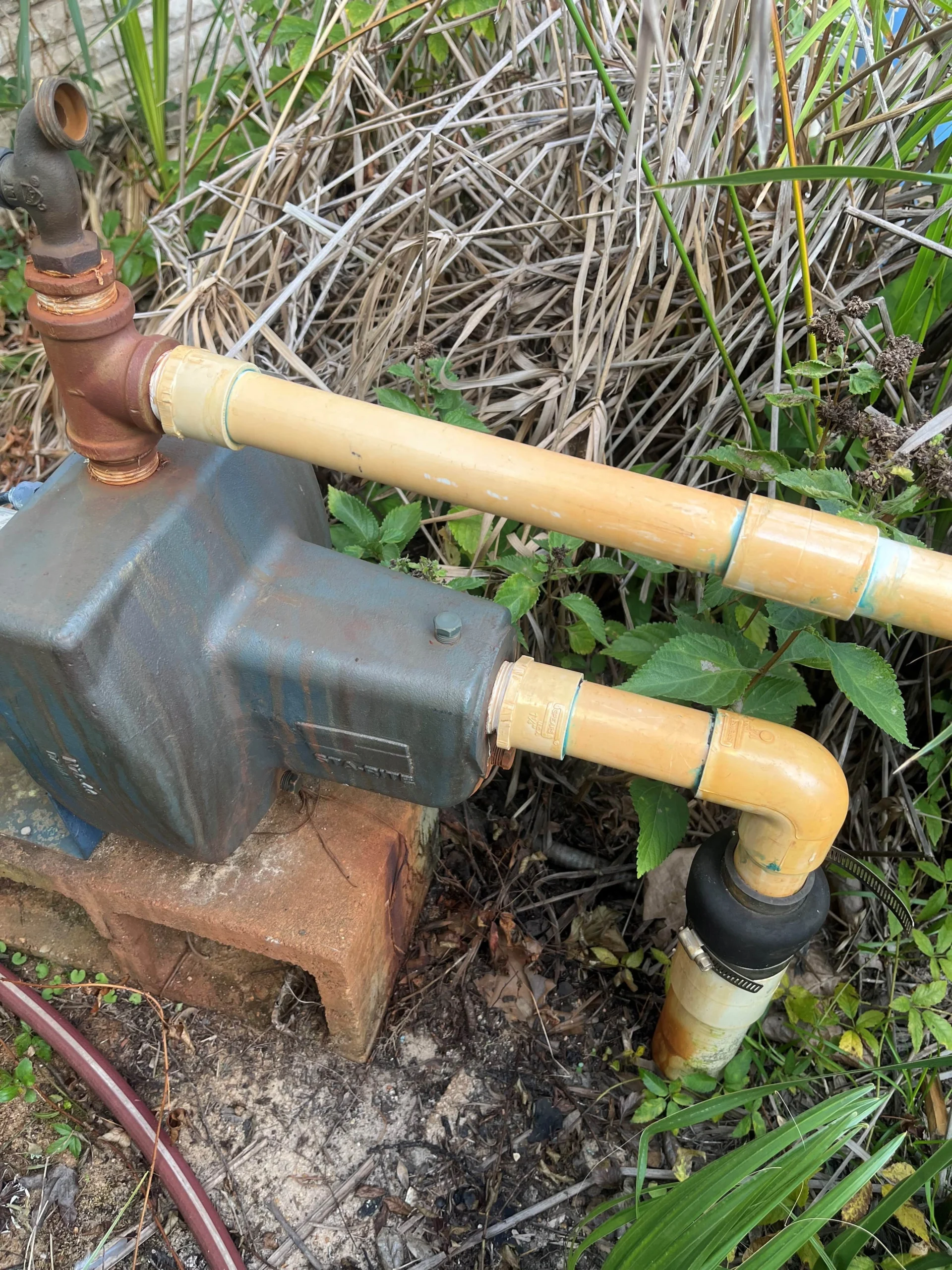How to Choose the Right Irrigation System
Factors to Consider When Selecting an Irrigation System
Choosing the right irrigation system for your lawn or garden requires careful consideration of several factors. The right system will depend on your specific needs, the type of plants you have, and the environmental conditions in your area.
- Climate and Weather Conditions:
The climate in your region plays a significant role in determining the best irrigation system. In areas with frequent rain, you might need a system with a rain sensor to avoid over-watering. In drier climates, a drip irrigation system can help conserve water while keeping your plants hydrated. - Soil Type and Absorption Rates:
Different soils absorb water at different rates. Sandy soils drain quickly and may require frequent, light watering, while clay soils hold water longer and benefit from less frequent, deeper watering. Understanding your soil type will help you choose an irrigation system that delivers water effectively. - Landscape Design and Plant Types:
The layout of your lawn or garden and the types of plants you have should influence your choice. For example, flower beds and vegetable gardens may benefit from drip irrigation, while larger lawns might be better served by a sprinkler system. - Water Pressure and Availability:
The water pressure in your home can affect the performance of your irrigation system. Sprinkler systems typically require higher water pressure, while drip systems can operate effectively with lower pressure. Ensure that your system is compatible with your water supply.
Comparing Different Irrigation Systems
Understanding the pros and cons of each type of irrigation system can help you make an informed decision.
- Sprinkler Systems:
- Pros: Covers large areas, easy to install and adjust, mimics natural rainfall.
- Cons: Can lead to water wastage through evaporation and runoff, less efficient in windy conditions.
- Drip Irrigation Systems:
- Pros: Highly efficient, minimizes water waste, delivers water directly to roots, reduces weed growth.
- Cons: Can be more expensive to install, requires regular maintenance to prevent clogs.
- Surface Irrigation:
- Pros: Simple to implement, cost-effective for large agricultural areas.
- Cons: Less efficient, can lead to uneven watering and erosion.
- Smart Irrigation Systems:
- Pros: Automatically adjusts watering schedules based on weather and soil conditions, maximizes water efficiency.
- Cons: Higher initial cost, requires technical setup and maintenance.
Selecting the right irrigation system is crucial for ensuring that your lawn or garden thrives.

